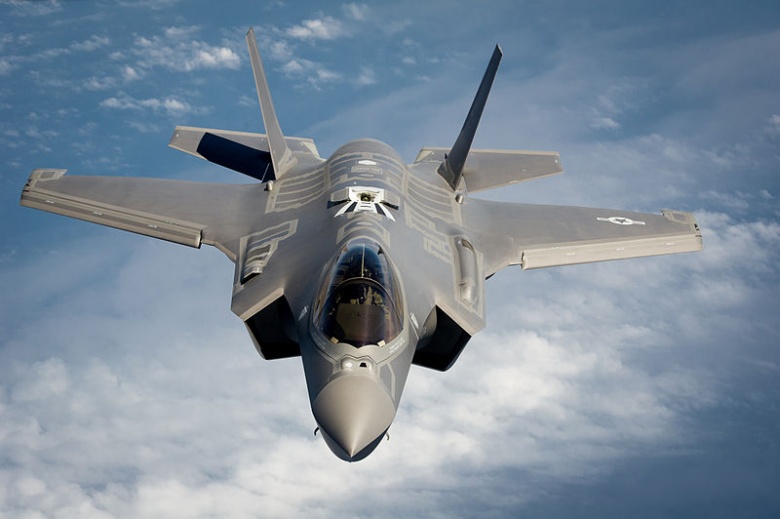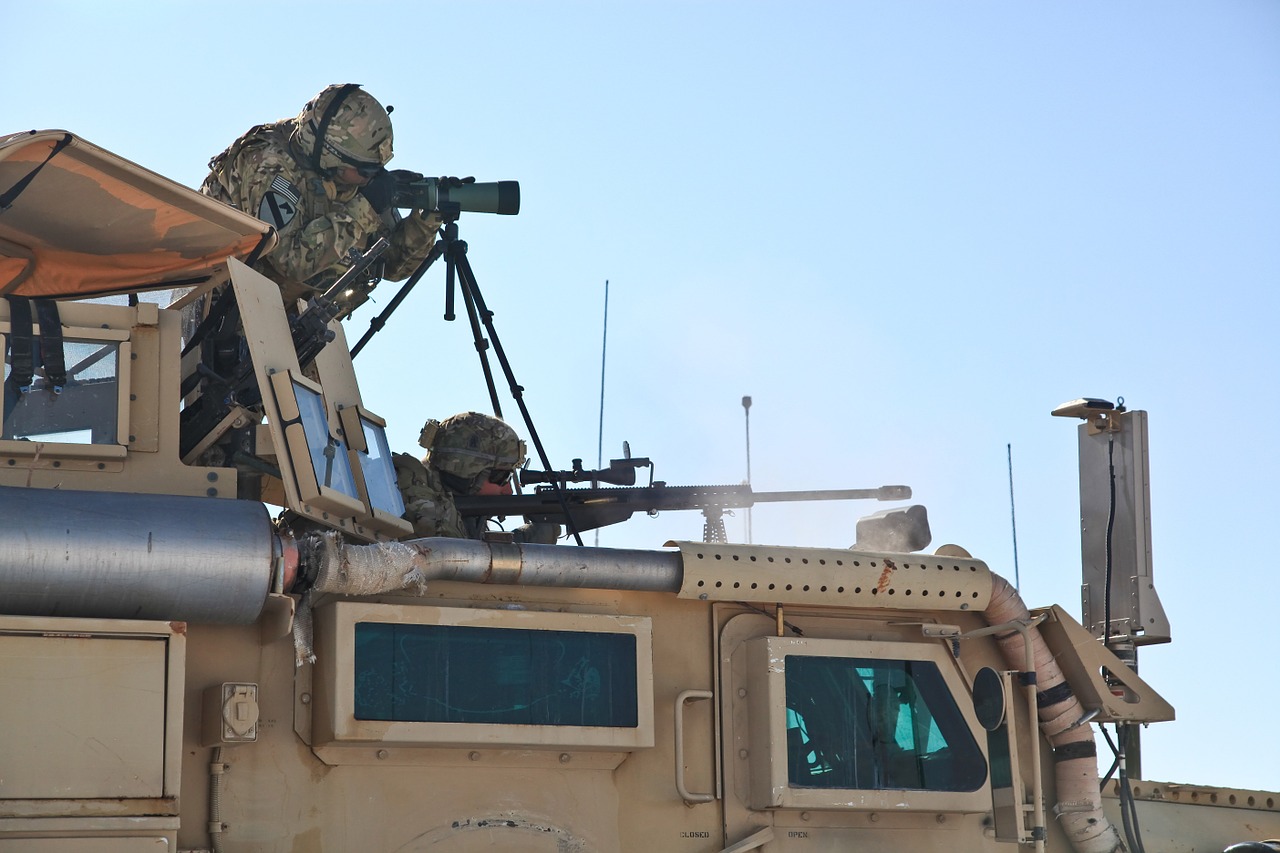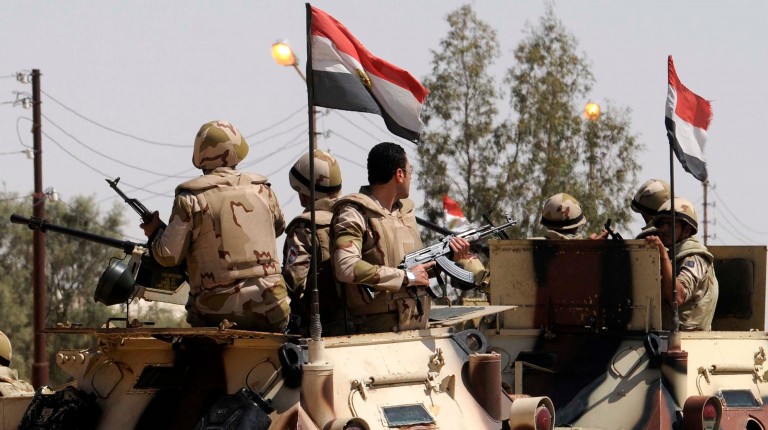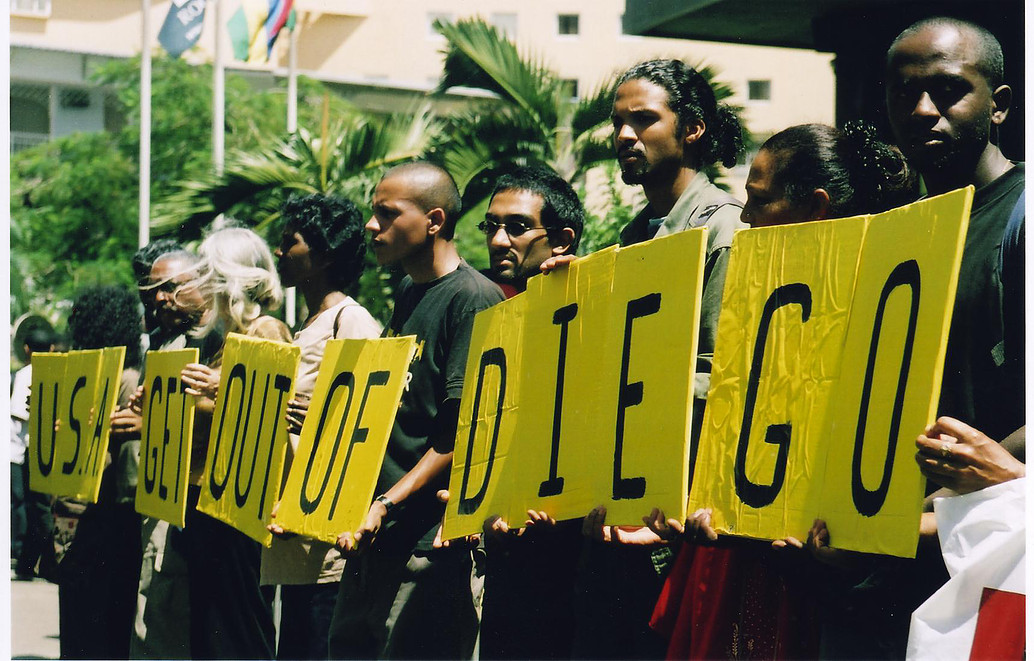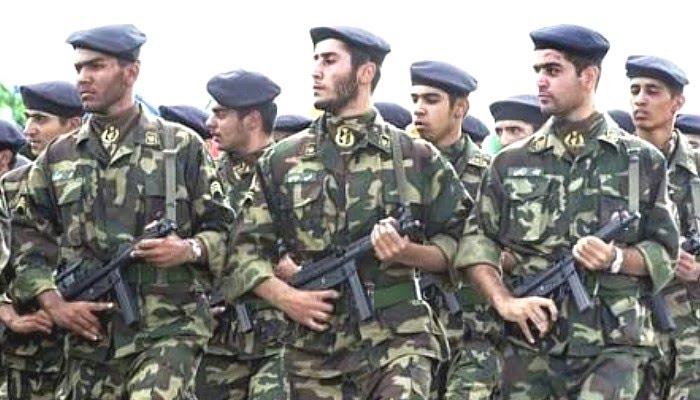
Trump-Taliban schmooze: don’t call it ‘peace’
The utterly surreal news that Taliban leaders were invited to Camp David—a week before the 9-11 commemoration, no less!—will further fuel the perverse fantasy that Trump is a hippie pacifist. But the supposed “peace” talks with the Taliban completely sidelined Afghanistan’s actual government and civil society alike—and were bitterly protested by Afghan women and their advocates. It was to be a “peace” crafted by genocidal clerical-reactionaries and imperialists, with the actual aim to prosecute a war on their mutual enemy, the ISIS insirgency that has now emerged in the country. ISIS are now the “bad” (undomesticated) clerical reactionaries, who will not abandon their ambitions to attack the West. This only sends the message (entirely accurate, from the imperial persepctive) that Western lives matter, and Afghan lives do not. (Photo: Khaama Press)



